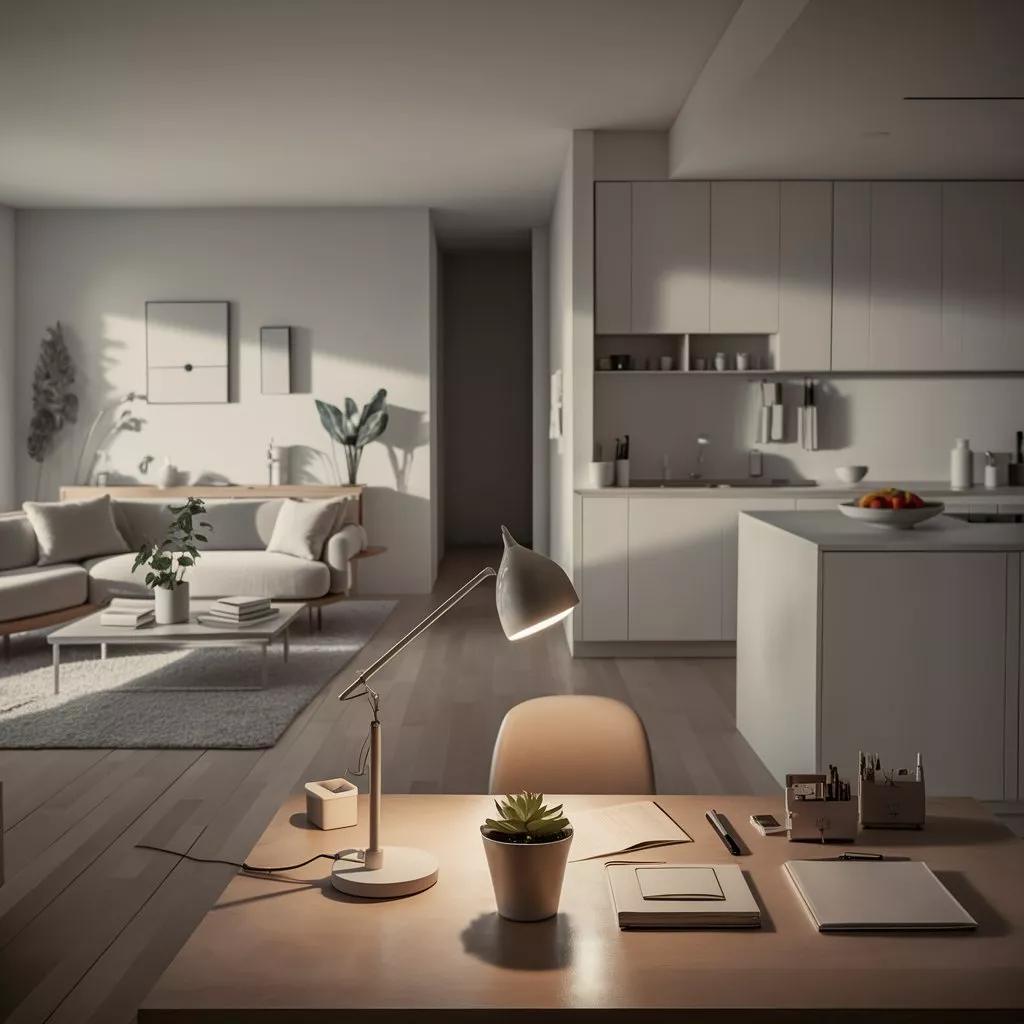In a world inundated with constant noise, distractions, and possessions, the concept of minimalist living has gained traction as a beacon of simplicity and tranquility. Embracing minimalism isn’t merely about getting rid of excess belongings; it’s a philosophy that encourages intentional living, focusing on what truly matters, and decluttering not just physical spaces, but also mental and emotional landscapes. In this comprehensive guide, we’ll delve into the principles and practices of minimalist living, empowering you to declutter your life and cultivate a sense of peace and fulfillment.
Understanding Minimalism: More Than Just Getting Rid of Stuff
At its core, minimalism is about consciously choosing to live with less in order to make room for more meaningful experiences and relationships. It’s a deliberate shift away from the consumerist mindset that equates possessions with happiness and fulfillment. By embracing minimalism, you’re not depriving yourself; rather, you’re liberating yourself from the burden of excess and embracing a lifestyle focused on simplicity, intentionality, and mindfulness.
The Benefits of Minimalist Living
Minimalist living offers a myriad of benefits that extend far beyond having a tidy home. By decluttering your physical space, you create a sense of calm and clarity that permeates every aspect of your life. With fewer distractions and obligations vying for your attention, you’re able to focus more fully on the things that truly matter to you. Minimalism can also lead to financial freedom, as you learn to distinguish between needs and wants, and prioritize spending on experiences rather than possessions.
Getting Started: Practical Tips for Decluttering Your Life
Embarking on a minimalist journey may seem daunting at first, especially if you’re accustomed to a lifestyle of excess. However, with the right mindset and approach, anyone can embrace minimalism and experience its transformative effects. Start by decluttering one area of your life at a time, whether it’s your wardrobe, kitchen, or digital devices. Ask yourself whether each item brings value or joy to your life, and let go of anything that doesn’t align with your priorities and values.
Cultivating Minimalism in Everyday Life
Minimalism isn’t just about decluttering physical possessions; it’s a mindset that can permeate every aspect of your life. Practice mindfulness in your consumption habits, opting for quality over quantity and prioritizing experiences over material possessions. Learn to say no to commitments and obligations that don’t align with your priorities, and create space for rest, reflection, and self-care in your daily routine.
Embracing the Journey: Overcoming Challenges and Staying True to Your Values
As you embark on your minimalist journey, you may encounter challenges and setbacks along the way. Old habits die hard, and the allure of consumerism can be difficult to resist. Stay true to your values and intentions, and remember that minimalism is a journey, not a destination. Celebrate your progress, no matter how small, and embrace the freedom and fulfillment that comes from living with less.
Conclusion: Simplify, Declutter, Thrive
In a world filled with noise and distractions, minimalism offers a path to simplicity, clarity, and fulfillment. By decluttering your life and embracing intentional living, you can create space for what truly matters and cultivate a sense of peace and contentment that extends far beyond your physical surroundings. Embrace minimalism as a guiding principle, and let it empower you to live a life of purpose, passion, and abundance.
